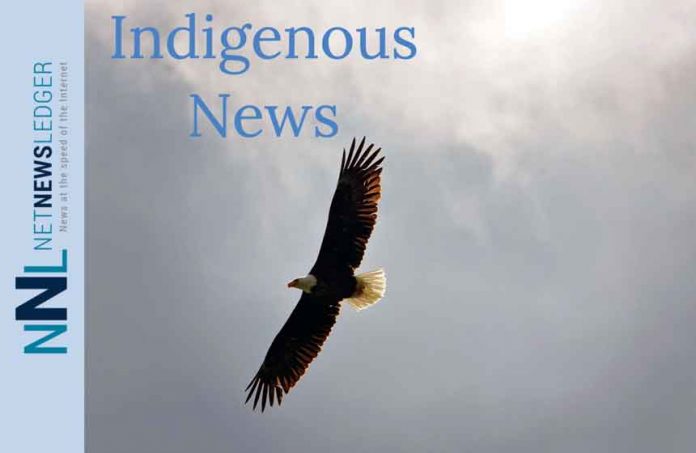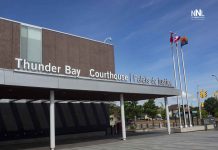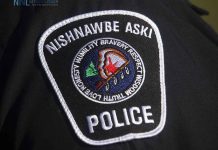THUNDER BAY – Indigenous News – The Anishinabek Nation wishes to make it unequivocally clear that the recent meeting involving former Anishinabek Nation Grand Council Chief John Beaucage, his former Chief of Staff Bob Goulais, and a former Métis Nation of Ontario (MNO) leader did not involve the Anishinabek Nation nor represents the current position of the Anishinabek Chiefs-in-Assembly.
On Thursday, January 11, 2024, former MNO President Tony Belcourt, through social media postings, informed that he met with former leadership from the Anishinabek Nation to discuss the historic relationship. The statements made during this meeting do not reflect the current dynamics or priorities of the Anishinabek Nation Grand Council.
During this discussion, a 2004 meeting was referenced to discuss the R. v. Powley case as the Supreme Court of Canada decision had just been released and there was fear and confusion surrounding the impacts to harvesting rights for First Nations. This was of particular concern to communities in the Sault Ste. Marie area and in other regions such as the Williams Treaty First Nations that were in active litigation with Canada on the issue of harvesting and loss of land. It was becoming evident at the time that conflicting challenges would ensue. To ensure protocol, ceremonial aspects were followed and were intended to acknowledge the existence of the Métis.
“We believe in respect and every Anishinabek citizen’s right to express views on all issues that impact their lives and to meet with whomever they please. Unfortunately, this particular meeting only escalates the tension in this relationship further as the video recording and dissemination of social media of this meeting was not organized by the former or current Anishinabek leadership,” states Anishinabek Nation Grand Council Chief Reg Niganobe. “We insist on ensuring that our nation’s priorities are accurately depicted in the media and that our inherent rights and responsibilities remain at the forefront. We will continue to stand up for the protection of Anishinabek rights and sovereignty. This conflict is not resolved and cannot be until this attempt to erode our rights is halted.”
It is important to note that the leadership of the MNO in the 2004 discussions were individuals who claimed nationhood to communities in the Prairies, not Ontario. The Anishinabek Nation ended any further relationship-building with the MNO when their intentions became clear to infringe on First Nation rights. In 2012, the Anishinabek Nation Chiefs-in-Assembly mandated a Declaration on Métis Relations via resolution 2012-03, which outlines that those who identify asMétis, do not possess ownership or title to Anishinabek lands, waters, and resources, nor are entitled to consultation and accommodations.
In June 2023, the Anishinabek Chiefs, by resolution 2023-13:
Declare that Canada must immediately cease any further steps towards implementation of the Métis Agreement in its current form until such time that Canada has worked with Anishinabek First Nations towards fully and meaningfully resolving the Anishinabek First Nations’ outstanding Aboriginal rights and title claims and until full and meaningful consultations and accommodations with Anishinabek First Nations surrounding a Métis Agreement have occurred.
The Anishinabek Nation strongly condemns these tactics by the MNO; this latest attempt to influence public perceptions by involving former leadership figures is manipulative and harmful. It is evident that these efforts are designed to undermine the current position of Anishinabek Nation which has evolved since the meeting that originally took place approximately 20 years ago.
While the MNO has expressed its desire to meet with leadership of the Anishinabek Nation and Chiefs of Ontario, the Anishinabek Nation remains adamant that it will not entertain its political agenda. There are no historic Métis communities in Anishinaabe territories, and therefore, any MNO self-government agreement involving lands and resources discussions or processes is illegitimate.
The Anishinabek Nation is a political advocate for 39 member First Nations across Ontario, representing approximately 65,000 citizens. The Anishinabek Nation is the oldest political organization in Ontario and can trace its roots back to the Confederacy of Three Fires, which existed long before European contact.







